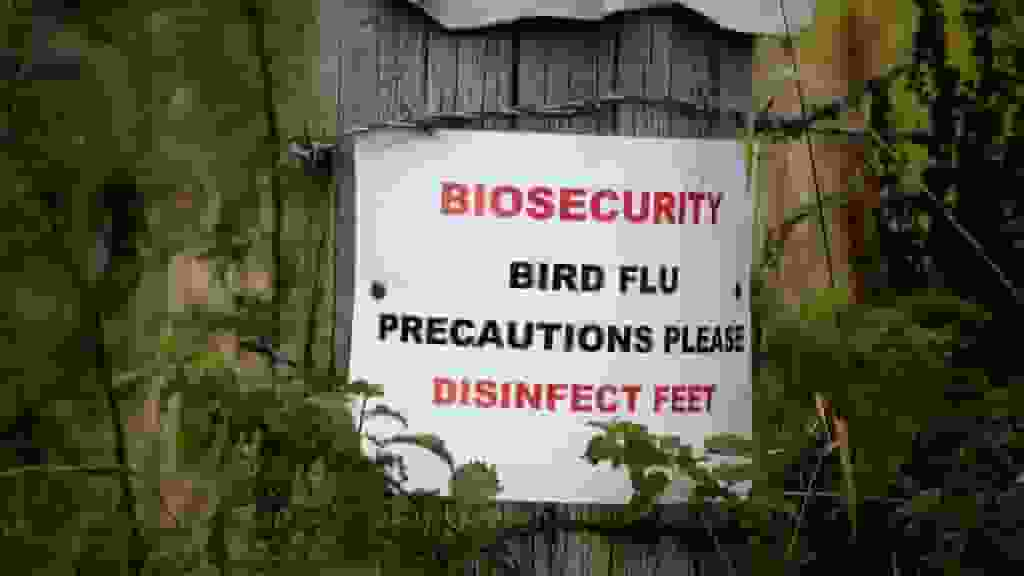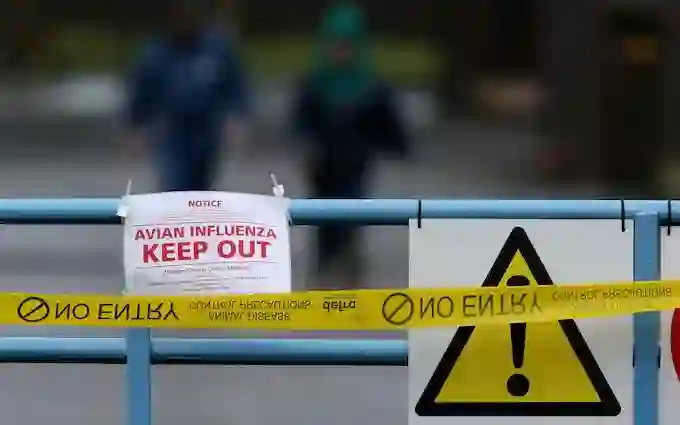
According to state wildlife experts, bird flu has been connected to the deaths of three mammalian species in Colorado, including a black bear, a skunk, and a mountain lion.
Colorado Parks and Wildlife said the animals tested positive for highly pathogenic avian flu after wildlife officers discovered symptoms before or after their deaths. Other mammals in the state are suspected of having cases.
3 Animal Deaths Linked To Bird Flu
According to CPW, the animals got the infection by eating birds. “It’s not completely surprising, because this does happen with avian influenza,” CPW spokesman Travis Duncan told FOX31’s, Ashley Michels.
In January, a dead mountain lion discovered just outside Gunnison city boundaries was discovered to have bird flu signs such as necrosis of the liver and pneumonia. In November, a skunk in Weld County tested positive for the disease.
In addition, a black bear in Huerfano County was euthanized in October after a wildlife officer observed it suffering seizures. A necropsy on its frozen bones indicated the presence of avian flu.
It is unclear whether the black bear is a unique instance or if the sickness has spread to other black bear populations in Colorado.
The virus was discovered in wild geese in the state’s northeast in March 2022, but it is now widespread, including in wild and domestic flocks in the Denver metropolitan region. In Colorado, it’s most common among geese, as well as raptors and other scavenging birds that consume geese.
Read more: AI X-ray screening twice effective as detection of lung cancer: Study
What Does This Have To Do With Humans?

While H5N1 transmission from birds to humans is extremely unusual, it does occur, but it usually needs intimate and sustained contact with sick birds.
According to the World Health Organization, symptoms of bird flu in humans can range from no symptoms or mild illness (such as red eyes, fever, sore throat, cough, runny nose, fatigue, and so on) to severe disease (pneumonia) and eventually death, which has occurred in approximately 60% of people who have contracted H5N1.
According to the United States, most bird flu virus infections can be treated with existing flu antiviral medications (such as Tamiflu) if treatment begins soon after symptoms appear. CDC stands for Centers for Disease Control and Prevention (CDC).
Wildlife officials continue to caution people to keep a safe distance from wildlife and to avoid handling ill or dead birds. Furthermore, CPW advises individuals to notify their local office right once if they find three or more dead birds in one place within a few weeks.
People in Denver who come across sick or dead birds should dial 311.
Wear gloves, a high-quality mask, such as a KN95 or N95 respirator, and eye protection if you find a dead bird on your own private property. Before fully washing your hands, double-bag the bird and dispose of it in your municipal trash.
Read more: Stimulus checks 2023: These will determine if a federal payment is coming!

